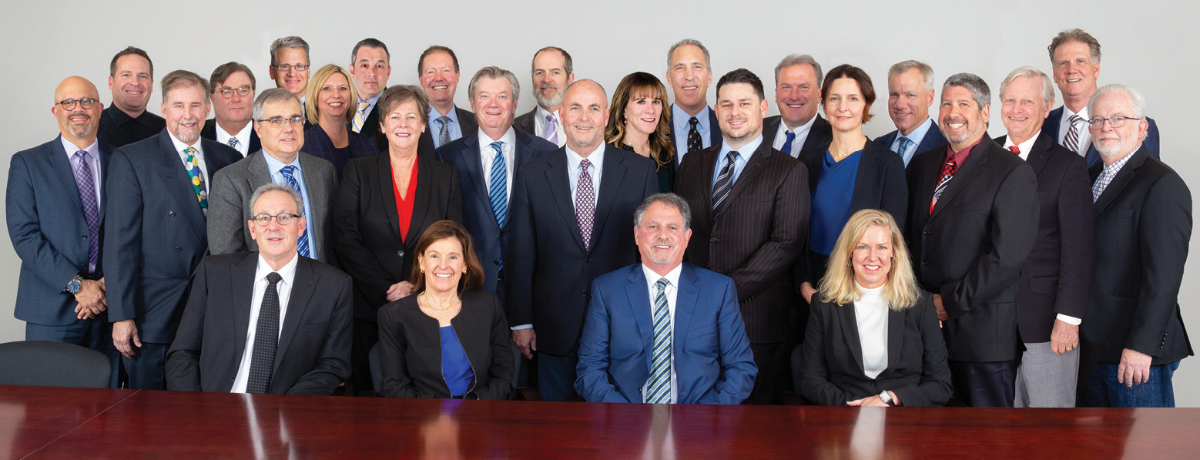The recent case of Bristol-Myers Squibb Co. v. Superior Court of California, San Francisco County, No. 16-466, 2017 U.S. LEXIS 3873, *1 (U.S. June 19, 2017) (hereinafter, BMS) will significantly impact the plaintiffs’ choices of forums for the filing of mass torts actions, specifically products liability actions, such as in drug and device litigation. Before BMS, the plaintiff could join multiple plaintiffs and seek more favorable forums in state court to locate the actions of literally hundreds of claimants. BMS significantly limited these choices by giving a much more narrow view of specific jurisdiction, regardless of extensive contacts the defendants otherwise may have with the forum state, unrelated to case.
After BMS, a state court may not, consistent with due process, exercise specific personal jurisdiction over a non-resident defendant where the defendant “did not develop … create a marketing strategy for … manufacture, label, package, or work on the regulatory approval” for the product at issue in the forum state. Id. BMS held that the California state court could not exercise specific jurisdiction over the defendants regarding the non-resident claims because the defendants’ forum state contacts—no matter how extensive they were—were unrelated to the development, marketing strategy, manufacture, labeling, packaging, or regulatory approval process of the drug at issue, Plavix. Id.
The BMS opinion uses broad language to describe the jurisdictional context that distinguishes general from specific jurisdiction (rejecting the request of the defendant, BMS, and its amici to impose a “but for” causation threshold on the connection between the forum and the defendant as a prerequisite to exercising specific jurisdiction). “[I]n order for a state court to exercise specific jurisdiction, ‘the suit’ must ‘aris[e] out of or relat[e] to the defendant’s contacts with the forum.’” Id. at *3 (emphasis added). There must be an “affiliation between the forum and the underlying controversy, principally, [an] activity or an occurrence that takes place in the forum state.” Id. When there is no such connection, specific jurisdiction is lacking regardless of the extent of a defendant’s unconnected activities in the state. Id. at *13.[1]
For a court to exercise specific jurisdiction over a claim, there must be an “affiliation between the forum and the underlying controversy, principally, [an] activity or an occurrence that takes place in the forum State.” Goodyear Dunlop Tires Operations, S.A. v. Brown, 564 U. S. 915, 919, 131 S. Ct. 2846, 2851 (2011) (internal quotation marks and brackets in original omitted). When there is no such connection, specific jurisdiction is lacking regardless of the extent of a defendant’s unconnected activities in the state. See id. at 931, n. 6 (“[E]ven regularly occurring sales of a product in a State do not justify the exercise of jurisdiction over a claim unrelated to those sales”).
The BMS opinion emphasized the fact that the nonresident claimants were not injured in California:
As noted, the nonresidents were not prescribed Plavix in California, did not purchase Plavix in California, did not ingest Plavix in California, and were not injured by Plavix in California. … What is needed—and what is missing here—is a connection between the forum and the specific claims at issue. … The relevant plaintiffs are not California residents and do not claim to have suffered harm in that State.
In sum, unless the injury of the plaintiff occurred or the product was purchased in the forum state, ‘the suit’ must otherwise ‘aris[e] out of or relat[e] to the defendant’s contacts with the forum.’” Id. at *3 (emphasis added). These minimum contacts are required to satisfy due process requirements of specific jurisdiction.
---------------------------
[1] The BMS Court specifically rejected the “sliding scale” test used by the California court. Id. at *4. In rejecting the “sliding scale” test, the court concluded that “the strength of the requisite connection between the forum and the specific claims at issue is relaxed if the defendant has extensive forum contacts that are unrelated to those claims.” Id. at *14. “Our cases provide no support for this approach, which resembles a loose and spurious form of general jurisdiction.” Id.
---------------------------
Greg Bubalo is Board Certified in civil trial advocacy by the National Board of Trial Advocacy (NBTA). He is listed in The Best Lawyers in America® 2009–2017. He has been plaintiffs’ counsel in multi-million dollar awards against pharmaceutical companies and hospitals. In 2004, Mr. Bubalo established his current firm, Bubalo Goode Sales & Cronen, PSC to continue his personal injury and general trial practice, with offices in Louisville and Lexington Kentucky as well as Cincinnati, Ohio. He is admitted to practice in the Commonwealth of Kentucky, the state of Indiana, and to various federal courts.
Kate Dunnington is an associate at Bubalo Goode Sales & Cronen PLC and is located in their Louisville office. Her practice primarily consists of pharmaceutical and medical device litigation. She is a member of AAJ, KJA, and is on the board of the Women Lawyers Association of Jefferson County, Kentucky. Kate is admitted to practice in the Commonwealth of Kentucky, the State of Indiana, and to various federal courts. She can be reached at 502-753-1600 or kdunnington@bubalolaw.com.




























